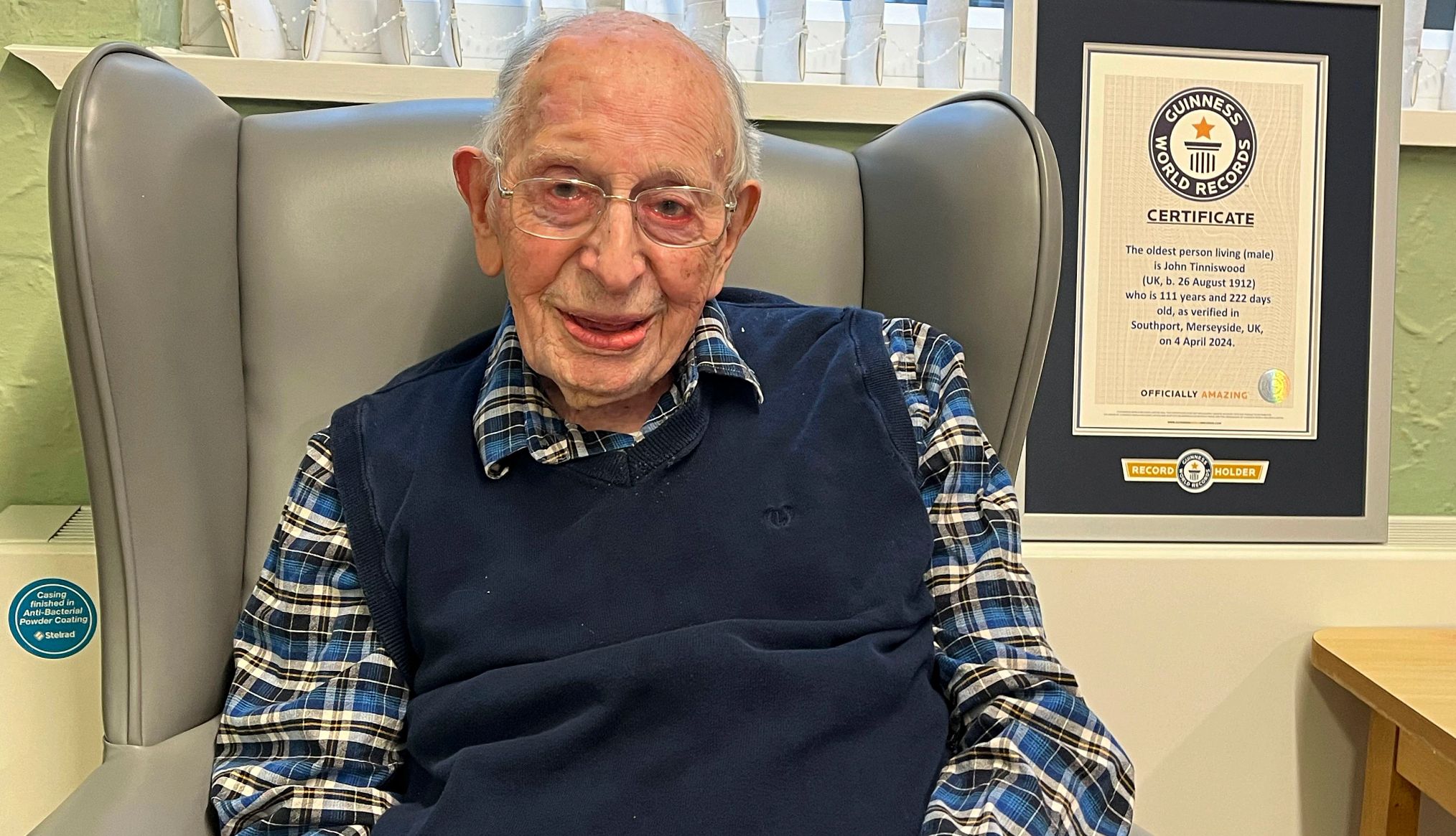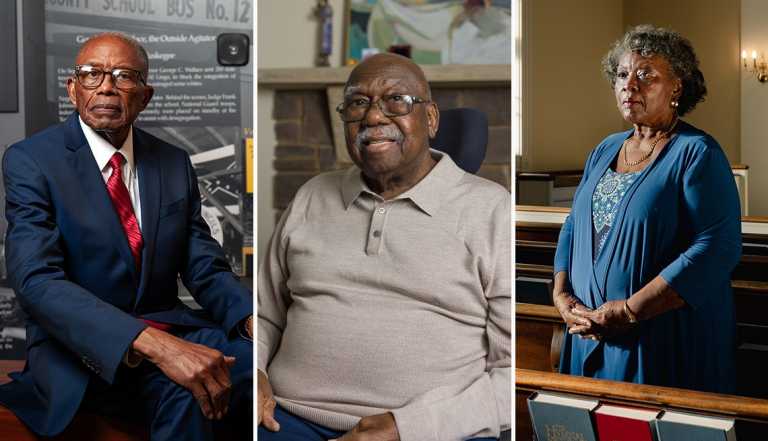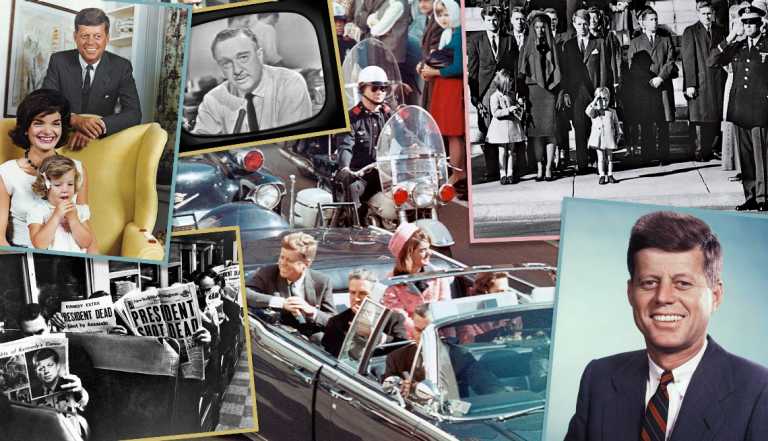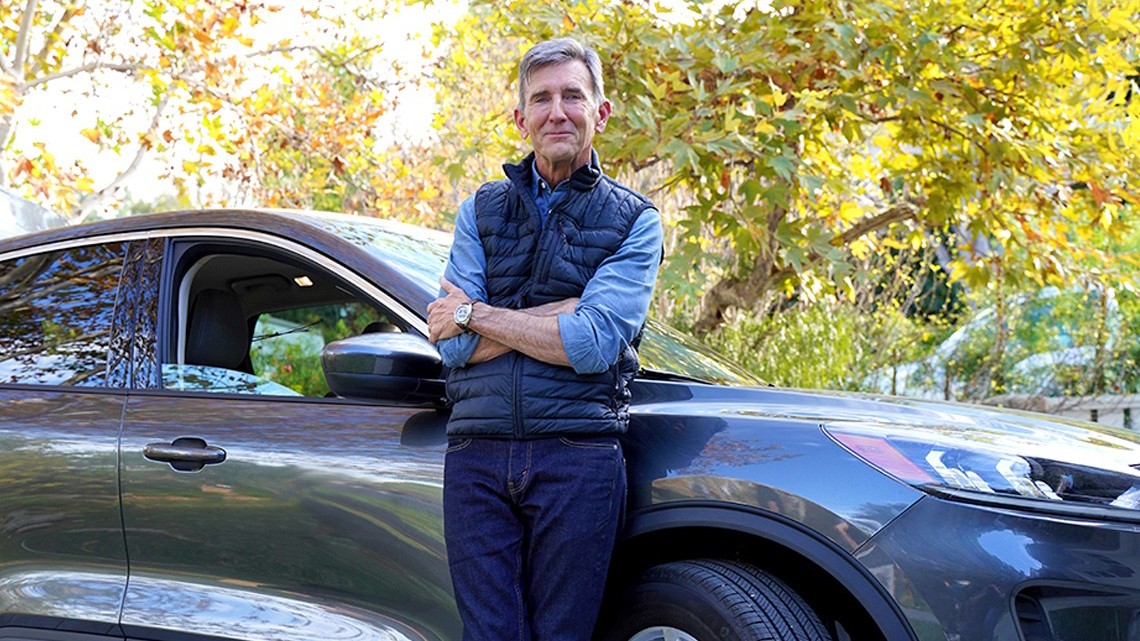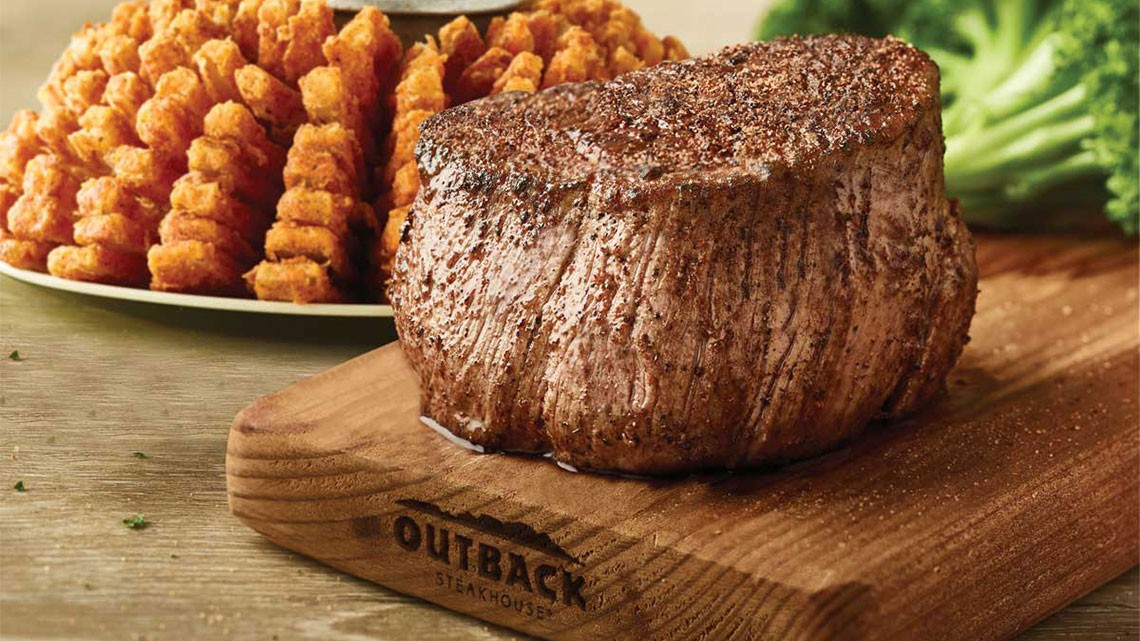Staying Fit
Events & History
Discover new insights into moments that have shaped our history and commemorate milestone events
Explore More Events & History


AARP Membership
$12 for your first year when you sign up for Automatic Renewal
Get instant access to members-only products and hundreds of discounts, a free second membership, and a subscription to AARP the Magazine.
Events & History Quizzes
AARP IN YOUR STATE
Find AARP offices in your State and News, Events and Programs affecting retirement, health care and more.



























































